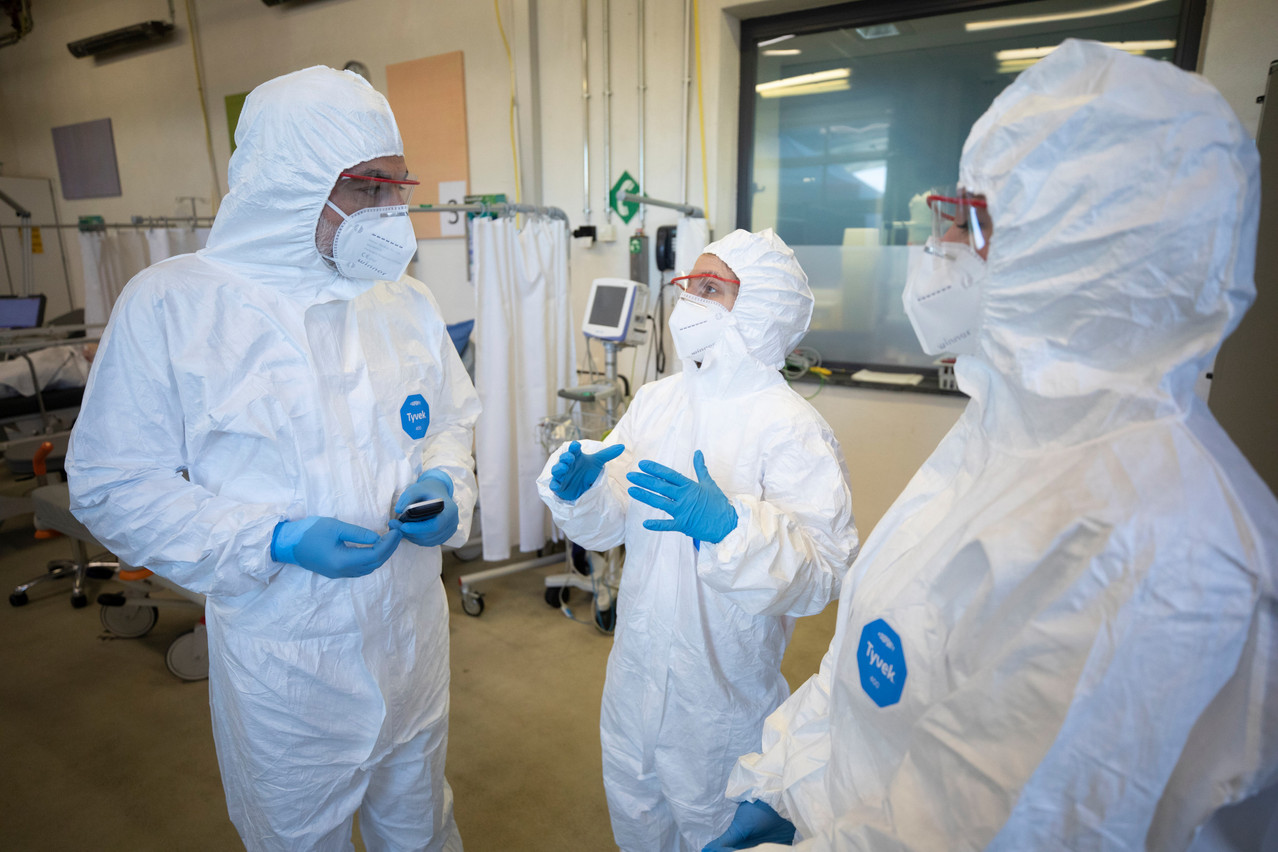The structure, comprised of scientific experts, will follow, study and evaluate the state of the population’s health and the quality of the health system. Independent from the health ministry, the observatory will also look at mortality and morbidity rates, as well as the resources made available to health professionals and the management of hospitals in Luxembourg.
“I am counting on the National Health Observatory to provide us with information on the health system measured and analysed on objective and validated bases, which will help us to make informed decisions in the future on public health policy,” the minister said in a press release.
Read also
Ageing population, professional conditions and other challenges
Apart from the coronavirus pandemic that has challenged the health systems, various other societal and medical aspects demand for increased expertise in these areas. These include
- An ageing population, which generates growing health care needs.
-The growth of chronic and degenerative diseases.
-The need to guarantee universal and equitable access to the best possible care.
-An evolution of medical techniques with increasingly specialised and individualised treatments.
Read also
Tension has also permeated Luxembourg’s medical sphere in recent weeks, with recorded at the northern hospital CHdN--which earlier this year had to temporarily close its maternity ward. The medical dentist and doctors’ union had also heavily criticised health minister Paulette Lenert (LSAP).
The experts nominated to run the different departments are mandated for seven years in one or two subjects. Françoise Berthet since 1 September 2022 has taken over the presidency for the observatory. She will also be an expert for public health, alongside Karine Chevreul.
Other topics the observatory will focus on are epidemiology, health systems analysis, registry management, population health studies, health statistics/biostatistics, health economics, demography, patient-reported outcome measures.
